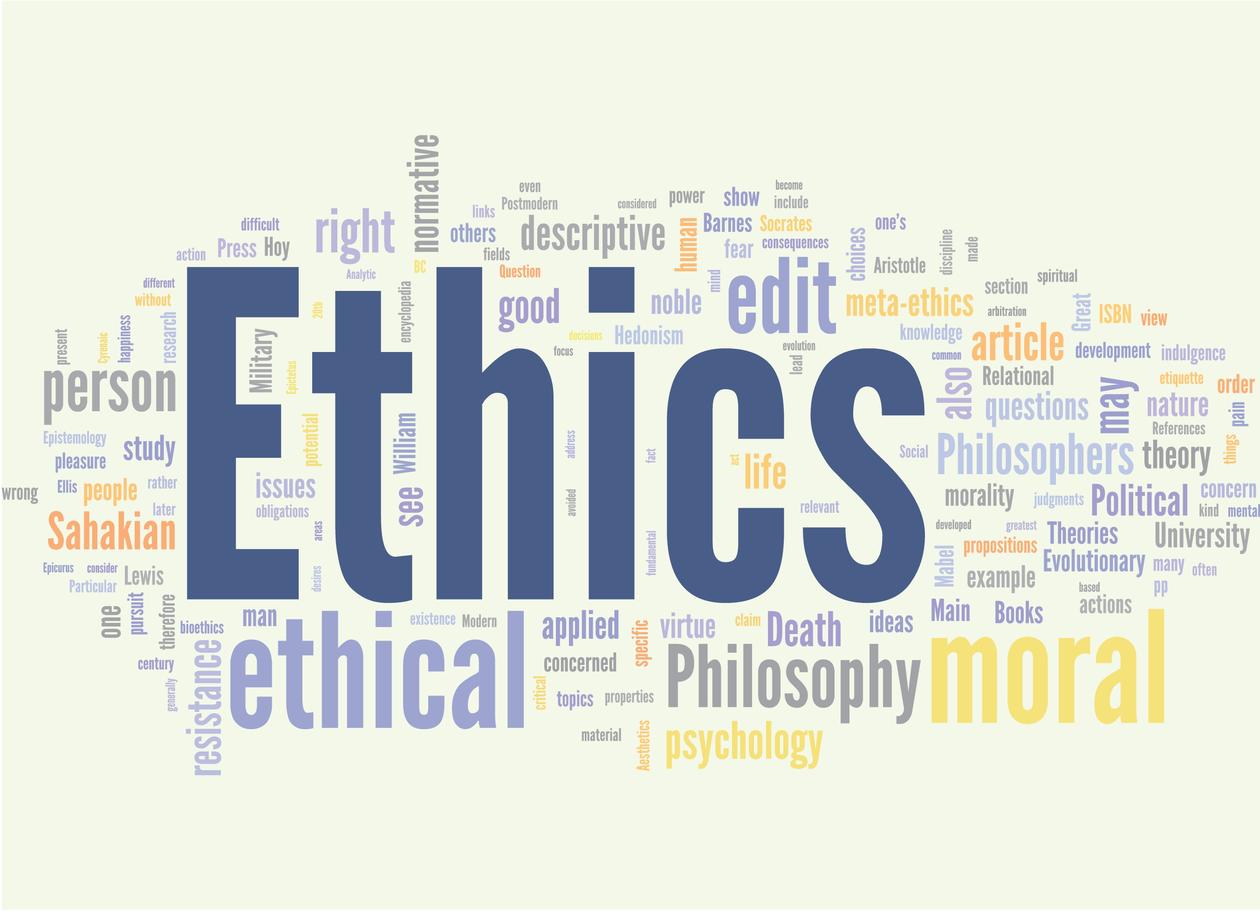
Imagine a ship navigating through murky waters, relying on its compass to stay on course. Similarly, when it comes to the governance of a nation, the presence of ethical guidelines serves as a compass for decision-making and accountability. Read Ethics Committee Registration India
As you ponder the question of whether the Rajya Sabha has an Ethics Committee, you may find yourself intrigued by the complexities and implications of such a pivotal institution within the Indian parliamentary system. The role of this committee goes beyond mere oversight; it delves into the core of ethical conduct and its significance in the realm of politics and public service. Read Ethics Committee Registration
Establishment and Composition
- The Establishment and Composition of the Rajya Sabha Ethics Committee play a crucial role in upholding the standards of ethical conduct among its members. The committee’s establishment is rooted in the need for accountability and transparency within the legislative body, ensuring that ethical guidelines are adhered to in the decision-making processes. The Membership composition of the committee is carefully selected to represent a cross-section of the members of the Rajya Sabha, with diverse backgrounds and experiences to provide a balanced perspective on ethical matters.
- The Establishment of the Ethics Committee signifies a commitment to maintaining the integrity of the legislative process and fostering public trust in the institution. By having a dedicated body to oversee ethical standards, the Rajya Sabha can address any misconduct promptly and impartially. The Composition of the committee is essential in ensuring that different viewpoints are considered when evaluating ethical issues, leading to well-rounded decisions that reflect the values of the institution.

Functions and Powers
- Rooted in the need for accountability and transparency, the Functions and Powers of the Rajya Sabha Ethics Committee are pivotal in ensuring ethical conduct among its members. The committee holds significant oversight responsibilities, including the investigation of alleged breaches of ethical standards by Rajya Sabha members. By exercising its oversight functions, the committee plays a crucial role in upholding the integrity of the upper house of Parliament.
- One of the key powers of the Ethics Committee is its authority to recommend disciplinary actions against members found to have violated the code of conduct. These disciplinary actions can range from issuing warnings and reprimands to recommending suspension or expulsion from the Rajya Sabha. Such powers act as a deterrent against unethical behavior, reinforcing the importance of maintaining high ethical standards in parliamentary proceedings.
Role in Upholding Ethics
- In ensuring the ethical conduct of Rajya Sabha members, a crucial aspect lies in the role played by its Ethics Committee. The Ethics Committee plays a vital role in upholding standards and ensuring that members adhere to ethical conduct while performing their duties. This committee serves as a watchdog, responsible for investigating any unethical behavior or breaches of conduct by Rajya Sabha members. It plays a critical role in maintaining the integrity and reputation of the parliamentary body by holding members accountable for their actions.
- The Ethics Committee’s role in upholding ethics is essential for fostering trust among the public and upholding the principles of transparency and accountability within the Rajya Sabha. By setting and enforcing ethical standards, the committee contributes to creating a culture of integrity and responsible governance. Members of the Rajya Sabha are expected to uphold the highest ethical standards, and the Ethics Committee plays a pivotal role in ensuring that these standards are met. Overall, the Ethics Committee’s role in upholding ethics is crucial for maintaining the credibility and effectiveness of the Rajya Sabha as an institution.
Investigations and Recommendations
- Playing a critical role in ensuring ethical conduct, the Ethics Committee of Rajya Sabha conducts thorough investigations and provides recommendations for addressing any breaches of conduct by its members. When allegations or suspicions of misconduct arise, the committee initiates investigations to gather evidence and assess the behavior in question. These investigations are crucial in maintaining the integrity of the parliamentary process and upholding the ethical standards expected of public representatives.
- Upon completing the investigations, the Ethics Committee deliberates on the findings and formulates recommendations based on the severity and nature of the misconduct. These recommendations serve as a roadmap for addressing the breaches of conduct and can range from issuing warnings or reprimands to recommending more severe disciplinary actions such as suspension or expulsion from the Rajya Sabha. The committee’s ability to provide actionable recommendations underscores its pivotal role in maintaining the ethical standards and credibility of the legislative body.
Impact on Accountability
- With its role in scrutinizing ethical conduct and recommending disciplinary actions, the Ethics Committee of Rajya Sabha significantly influences the accountability of its members. The committee’s ability to uphold ethical standards and investigate misconduct plays a crucial role in ensuring that parliamentarians are held accountable for their actions. By setting and enforcing ethical guidelines, the committee creates a framework within which members are expected to operate, thereby promoting transparency and integrity within the Rajya Sabha.
- The impact on accountability is evident through the committee’s power to recommend disciplinary actions against members found to have breached ethical standards. This serves as a deterrent to unethical behavior and reinforces the notion that individuals in positions of power aren’t above the rules.
- Furthermore, the committee’s investigations into alleged misconduct help maintain public trust in the legislative process by demonstrating that accountability mechanisms are in place to address wrongdoing promptly and effectively. Ultimately, the Ethics Committee’s oversight contributes to fostering a culture of responsibility and upholding the highest ethical standards within the Rajya Sabha.
Conclusion
In conclusion, the Rajya Sabha Ethics Committee plays a crucial role in upholding ethical standards and accountability within the Indian government. Through its investigations and recommendations, the committee ensures that members adhere to ethical conduct and maintain the integrity of the legislative body. By holding members accountable for their actions, the committee helps strengthen the democratic process and maintain public trust in the functioning of the Rajya Sabha.




